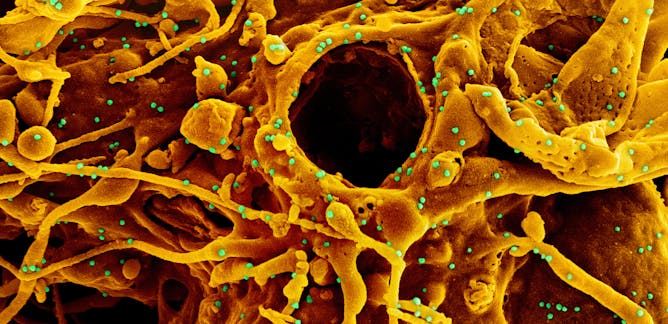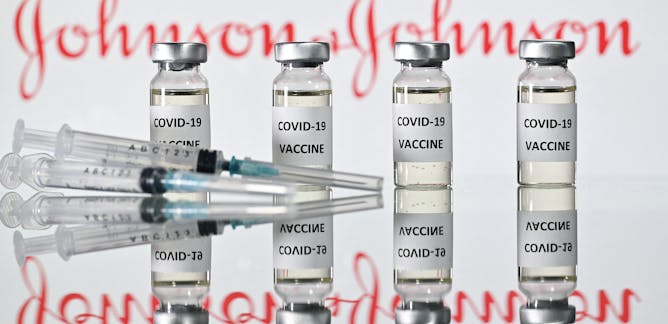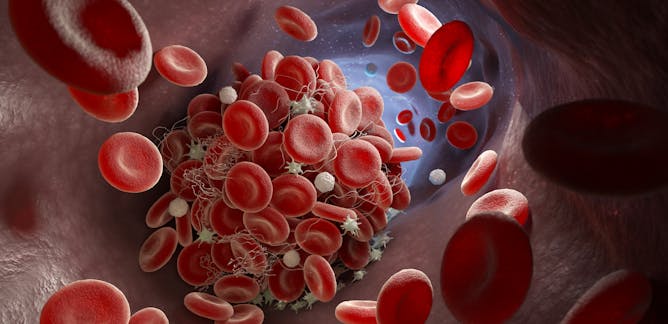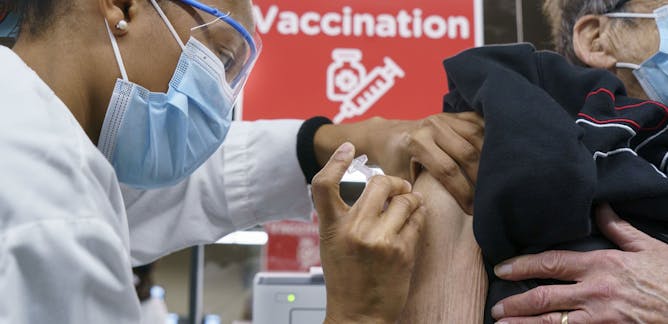|
So apparently April really is the cruelest month. More than a year into this cursed, horrific, soul-sucking pandemic, there was nothing but more bad news on Friday. Ontario announced new lockdown restrictions; interprovincial travel between Manitoba, Ontario and Québec will be more difficult and supply problems continue with the COVID-19 vaccines. I spoke with many friends this week who either received their first vaccine shot or happily reported their parents had. But the world is taking notice that the vaccine rollout in Canada has been problematic and that, shockingly, Canada now has more COVID-19 cases on a per capita basis than the United States.
We know some readers are fatigued by the pandemic. And yet some of our most popular articles over the last week are what we call service-oriented pieces that offer clear answers and practical solutions for all of us still dealing with the dangers of COVID-19.
For your weekend reading (I won’t add the word “pleasure”), a collection of some of our best news-you-can-use stories. And if you’d prefer a COVID-free experience, catch the latest episode of The Conversation Weekly podcast.
Have a safe weekend and we’ll be back in you Inbox on Monday.
|
Be safe by being informed
|

Dasantila Golemi-Kotra, York University, Canada
Variants of the original SARS-CoV-2 are now in wide circulation. That means the third wave of COVID-19 has come with new questions about the variants, their effects and what might come next.
| |

Alexander Wong, University of Saskatchewan
With changing recommendations about AstraZeneca's COVID-19 vaccine making headlines, many people have questions about its use.
|

Susan Michie, UCL; Chris Bullen, University of Auckland; Jeffrey V Lazarus, Barcelona Institute for Global Health (ISGlobal); John N. Lavis, McMaster University; John Thwaites, Monash University; Liam Smith, Monash University; Salim Abdool Karim, Centre for the AIDS Program of Research in South Africa (CAPRISA); Yanis Ben Amor, Columbia University
COVID-19 variants of concern have changed the game. We need to recognise and act on this to avoid future waves of infections, yet more lockdowns and restrictions, and avoidable illness and death.
| |

William Petri, University of Virginia
The one-dose vaccine developed by Johnson & Johnson is temporarily halted because of potentially serious blood clots seen in six women. An immunologist explains what this means for you.
|

Adam Taylor, Lancaster University
The mechanisms behind vaccine-related and pill-related clots are quite different.
| |

Dasantila Golemi-Kotra, York University, Canada
With four COVID-19 vaccines approved for use in Canada, it's time to answer FAQs about efficacy, immunity, eradication and variants.
|
|
|

Microraptor: fossils show it had feathers on each limb.
Michael Rosskothen via Shutterstock
Gemma Ware, The Conversation; Daniel Merino, The Conversation
A transcript of episode 11 of The Conversation Weekly podcast, including an interview on Israel's foreign policy options following its recent election.
|